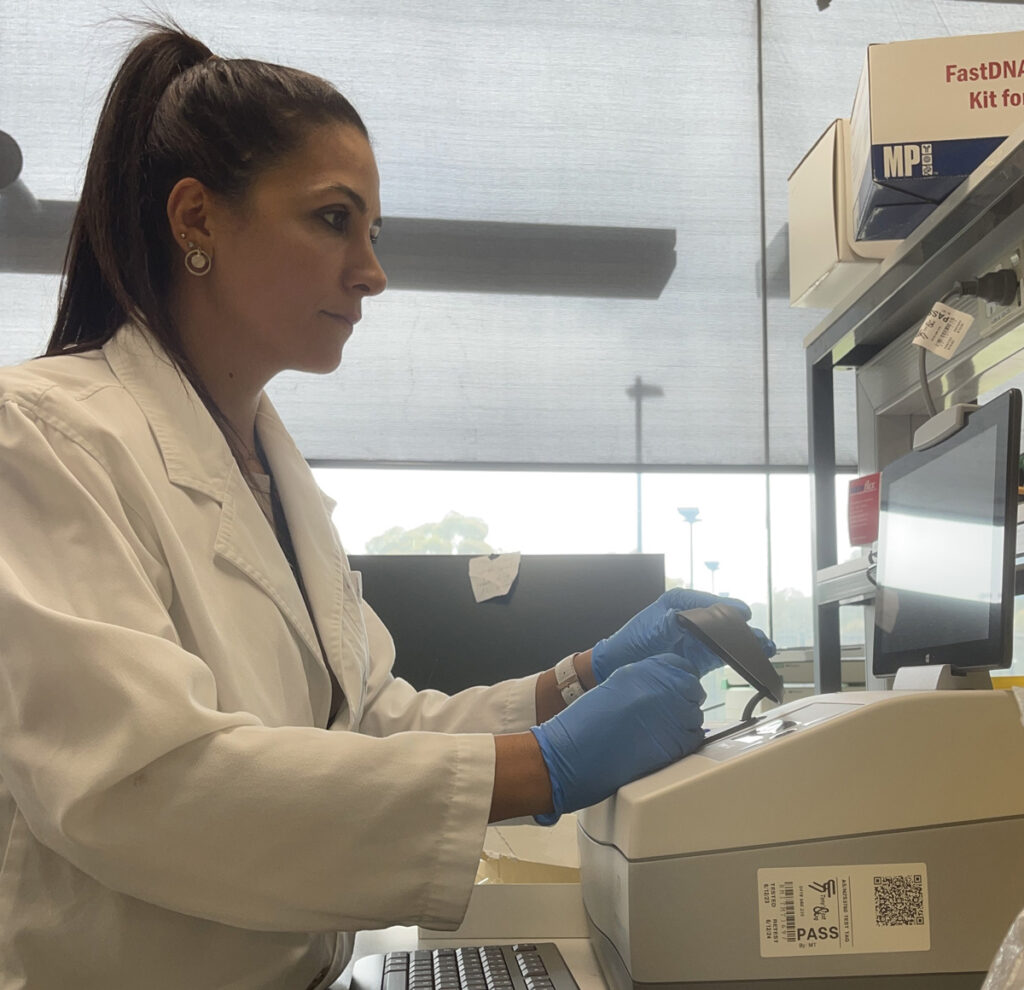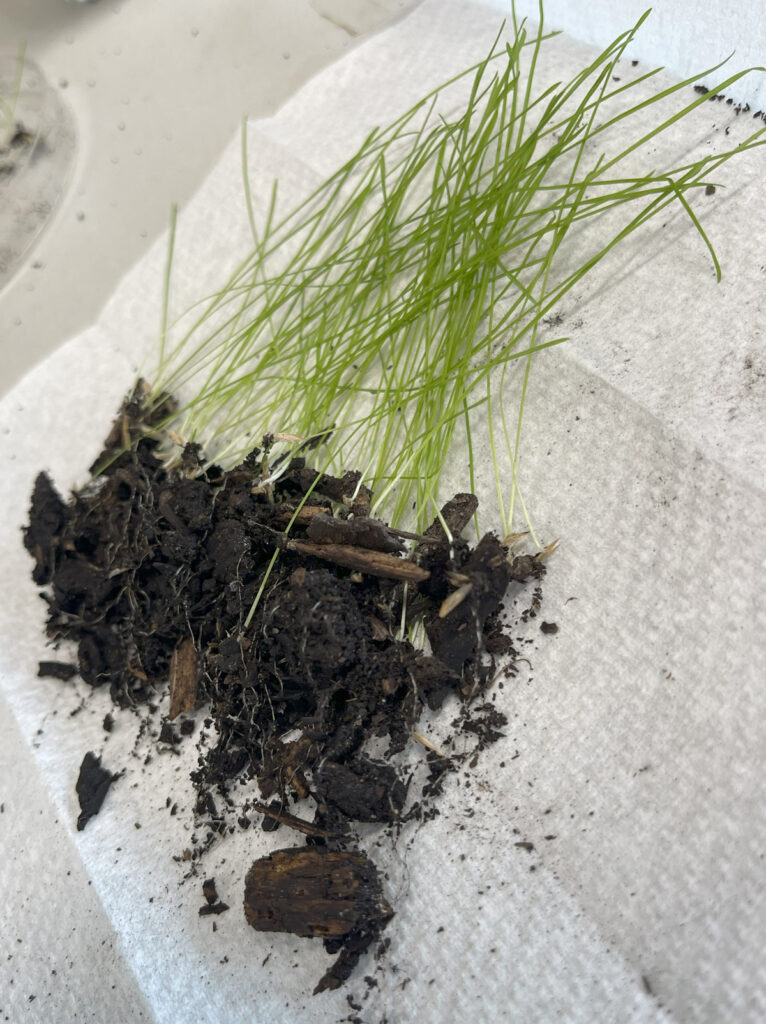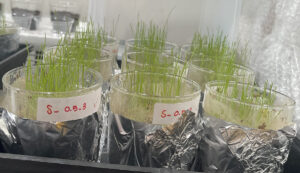New study shows that immobilization reduces the bioavailability of PFAS in soil

Dr Sali Biek and her team in the laboratory of Professor Andy Ball at RMIT University has published new data in Environmental Science and Pollution Research showing that the uptake of PFAS by grasses is significantly reduced when soil is immobilized using RemBind. (https://doi.org/10.1007/s11356-024-32496-7)
This data adds to a growing body of evidence that immobilization is a viable and environmentally friendly method for the management of PFAS impacted soils. Previous studies showed that RemBind significantly reduced the bioavailability of PFAS in mice (Juhasz et al., 2022) and in plants and earthworms (Braunig et al., 2021).

Methods to Determine Bioavailability and Ecotoxicity
In this mesocosm study, PFAS-contaminated soil with a mean total concentration of 8.05 mg/kg and a mean combined PFHxS+PFOS concentration of 7.89 mg/kg was treated with an immobilisation sorbent (RemBind) at different application rates (0.5, 1, 1.5, 2, 3, 4, and 5% w/w).
To assess the efficacy of this immobilisation treatment, PFAS leachability, PFAS plant uptake, and ecotoxicity tests were conducted. Leachability testing was performed according to the Australian Standard Leaching Procedure (ASLP) at pH 5 and 7. A grass species (Dactylis glomerata) was used to measure plant uptake of PFAS from untreated and treated contaminated soil. In addition, the Microtox test was used to assess the associated ecotoxicity.

Decrease in Bioavailability
The immobilisation treatment resulted in a significant reduction of 88.5 to 99.8% in the total PFAS leachability and 88.7 to 99.8% in the combined PFOS and PFHxS leachability at pH 5. Similarly, significant reductions (5 to 12-fold) were observed in the plant uptake of total PFAS and combined PFOS and PFHxS in all treated soil samples.

Decrease in Ecotoxicity
In addition, although the Microtox test showed relatively low ecotoxicity in all the experimental samples, including the untreated soil, a significant decrease in the ecotoxicity of treated soil samples was observed.
Conclusions of the Study
The results from this study highlight that this treatment approach has the potential to reduce both PFAS leachability and plant bioavailability with a relatively low associated ecotoxicity. This is likely to reduce the risk of the transfer of PFAS into higher trophic levels.
This immobilisation treatment may, therefore, reduce the risk associated with PFAS-contaminated soils and may be an important remediation tool for managing certain PFAS-contaminated soils.
References
Juhasz, A, Kastury, F, Herde C, Tang, W. Application of soil amendments for reducing PFAS leachability and bioavailability. Environmental Pollution 2022: Vol. 307, 119498.
https://doi.org/10.1016/j.envpol.2022.119498
Braunig J, Baduel C, Barnes CM, Mueller JF. Sorbent assisted immobilisation of perfuoroalkyl acids in soils effect on leaching and bioavailability. Journal of Hazard Materials 2021:125171.
https://doi.org/ 10.1016/j.jhazmat.2021.125171